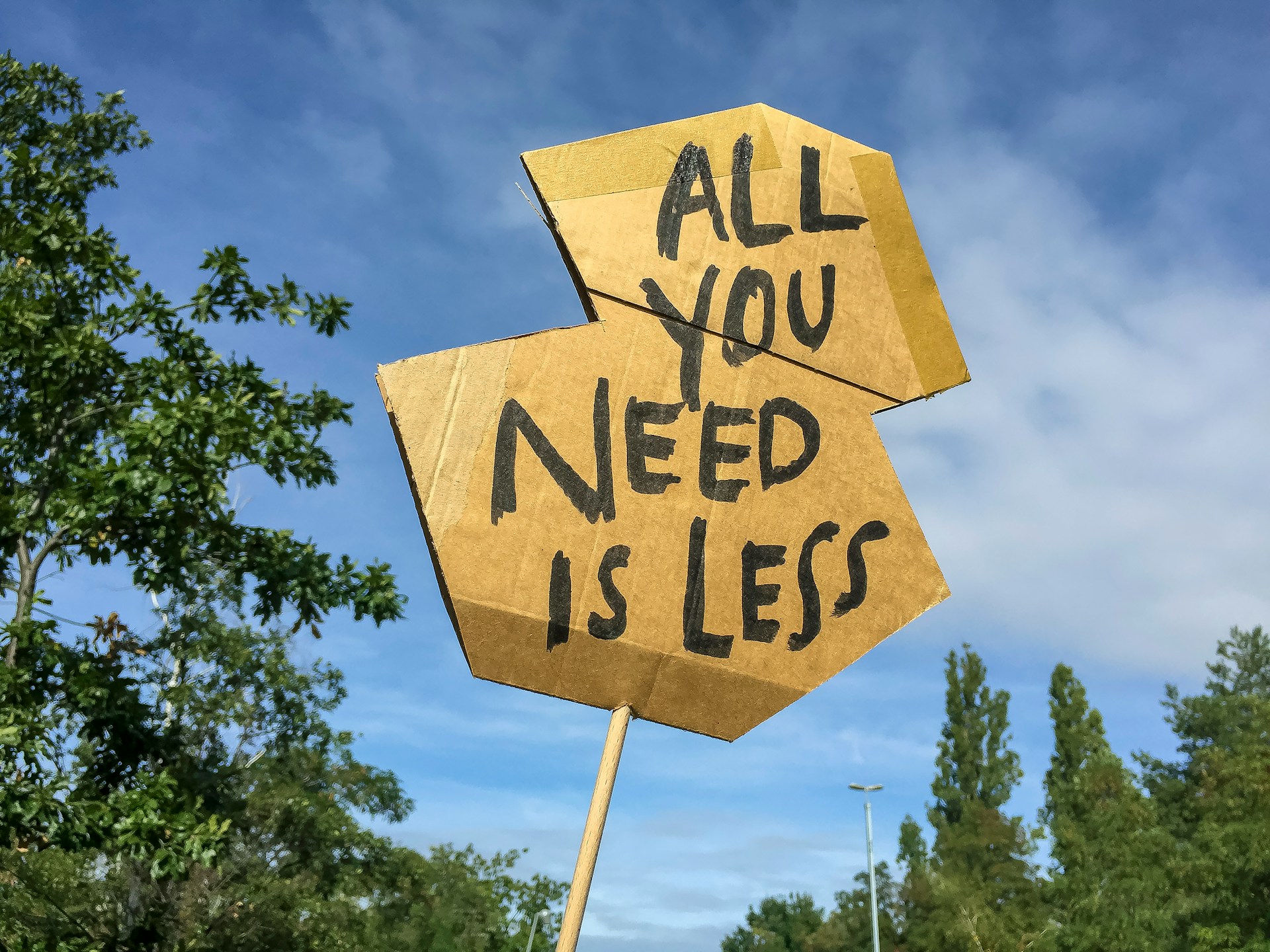- What are Carbon Credits?
- How Carbon Credit Marketplaces Work
- Examples of Carbon Credit Marketplaces
- Benefits of Carbon Credit Marketplaces
- Conclusion
- Take Action with Decarbon
- More wikis
Carbon credit marketplaces are platforms that allow businesses and individuals to buy and sell carbon credits. But what exactly are carbon credits? And how do these marketplaces work?
What are Carbon Credits?
Carbon credits are a way of measuring and trading greenhouse gas emissions reductions. They are typically issued by government agencies or independent organizations to companies or projects that have reduced their carbon footprint. One carbon credit represents one metric ton of carbon dioxide (or equivalent greenhouse gases) that has been prevented from being emitted into the atmosphere.
How Carbon Credit Marketplaces Work
Carbon credit marketplaces provide a platform for buyers and sellers to connect and trade carbon credits. This can include companies that want to offset their carbon emissions, as well as individuals who want to support carbon reduction projects.
The marketplace typically sets a price for carbon credits, based on the supply and demand for credits at that time. Sellers can then list their credits for sale, and buyers can purchase them through the platform.

Examples of Carbon Credit Marketplaces
There are several carbon credit marketplaces that operate worldwide. Some of the notable ones include:
- Gold Standard: established in 2003 by World Wildlife Fund (WWF) and other international NGOs, Gold Standard is a certification body that issues carbon credits for projects that reduce greenhouse gas emissions.
- Verra: formerly known as the Verified Carbon Standard, Verra is a leading carbon credit program that issues credits for projects that reduce emissions and enhance sustainable development.
- ClimateCare: founded in 1997, ClimateCare is a carbon offset company that operates a marketplace for carbon credits. The platform offers a range of projects that reduce emissions, including renewable energy, cookstove distribution, and forest conservation.
Benefits of Carbon Credit Marketplaces
One of the key benefits of carbon credit marketplaces is that they provide a way for businesses and individuals to support carbon reduction projects around the world. This can include projects that promote renewable energy, energy efficiency, or reforestation.
In addition, carbon credit marketplaces can help to create a financial incentive for companies to reduce their carbon footprint. By purchasing carbon credits, companies can offset their emissions and demonstrate their commitment to sustainability.
Conclusion
Carbon credit marketplaces are an important tool in the fight against climate change. By providing a platform for buyers and sellers to trade carbon credits, these marketplaces can help to support carbon reduction projects and create a financial incentive for companies to reduce their carbon footprint.
Take Action with Decarbon
Join the fight against climate change by using Decarbon, the app that helps you reduce your carbon footprint and track your progress. With Decarbon, you can easily calculate your carbon footprint, set goals to reduce it, and track your progress over time. Decarbon works for both individuals and businesses.

By using Decarbon, you can also purchase carbon credits to offset your carbon footprint and support verified and certified projects that reduce carbon emissions. With every purchase, you are contributing to the fight against climate change and making a positive impact on the environment and society.
Download Decarbon today and start taking action to reduce your carbon footprint. Together, we can make a difference.
More wikis


























